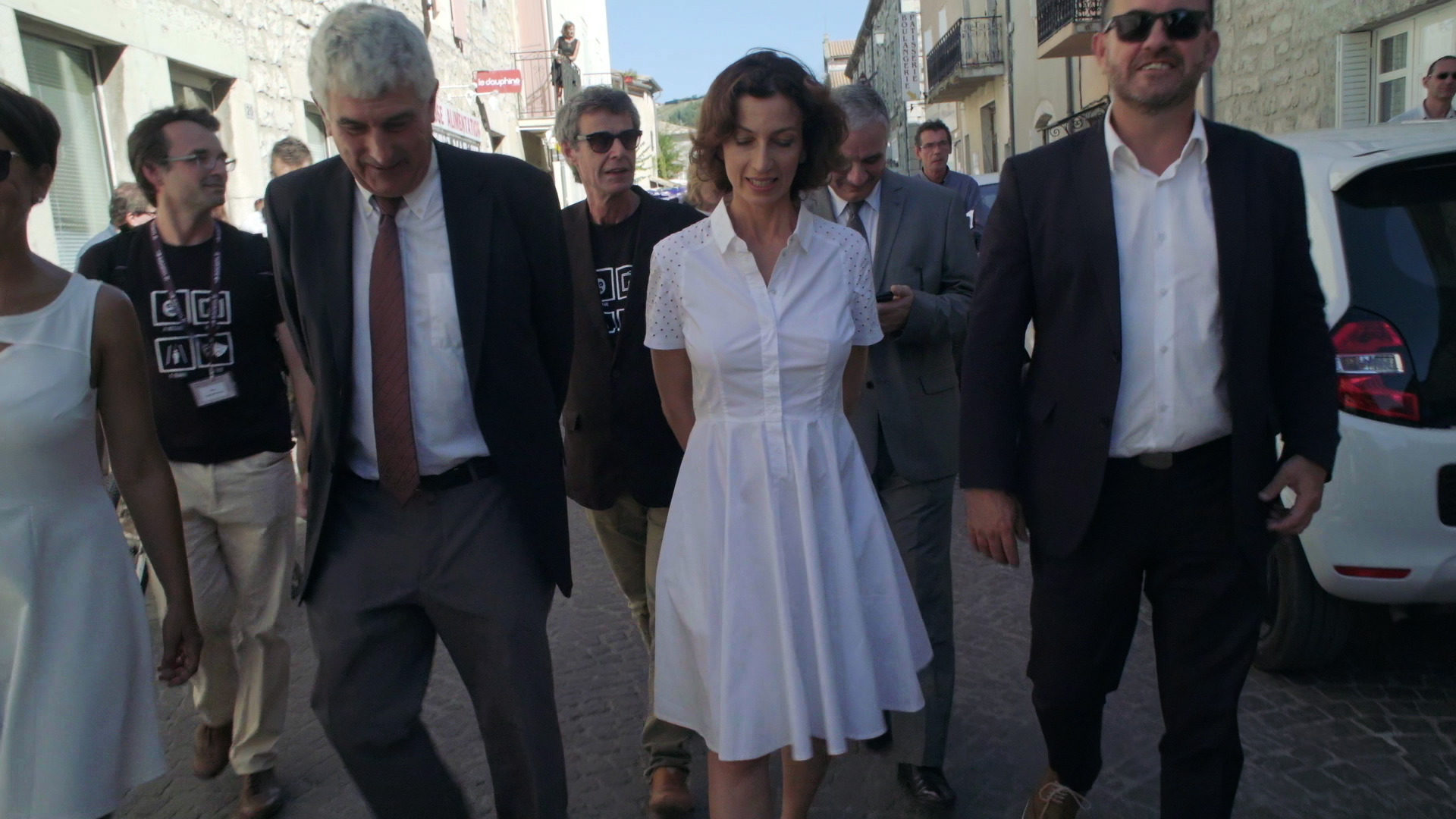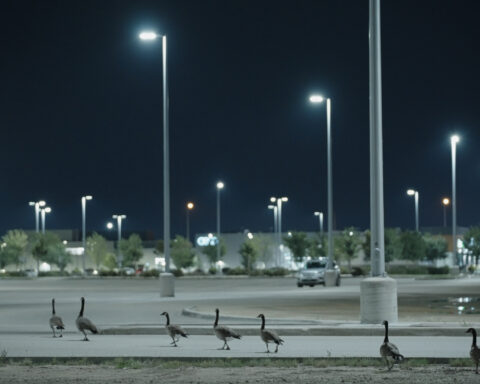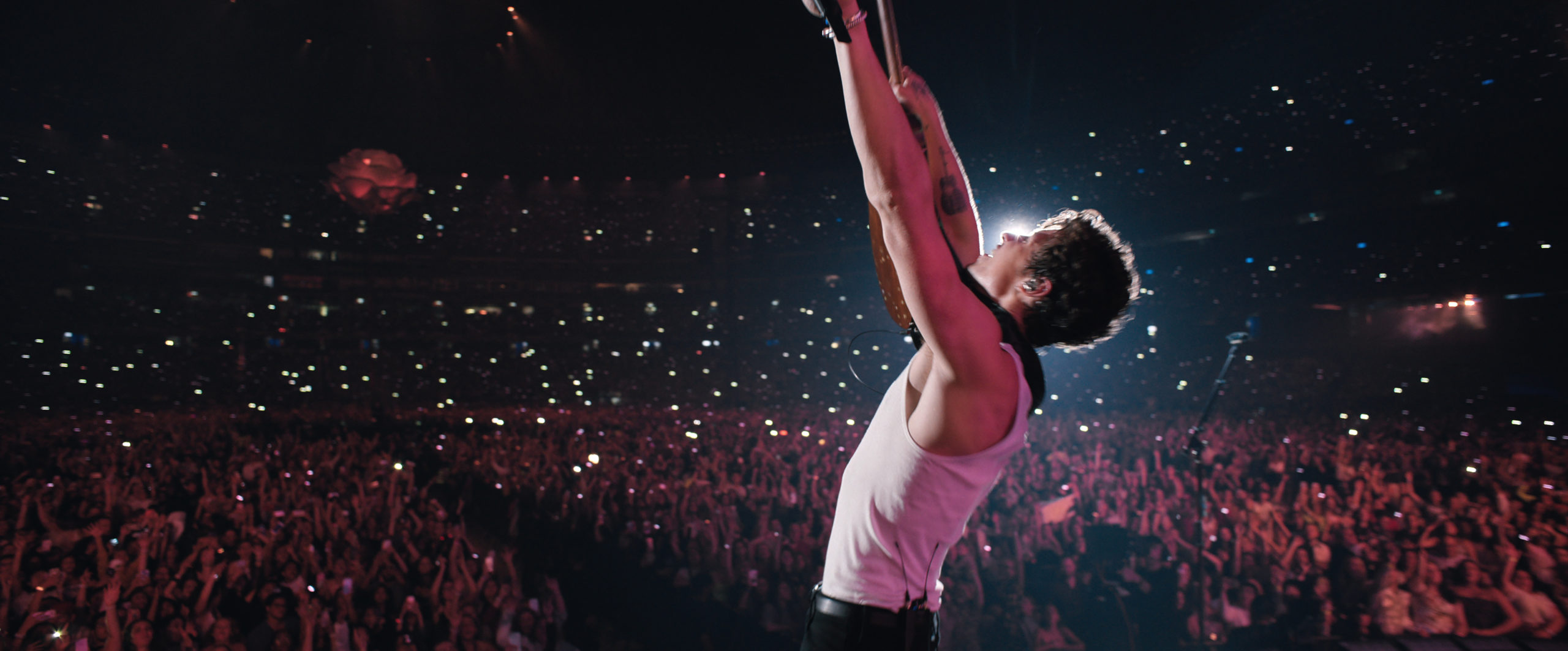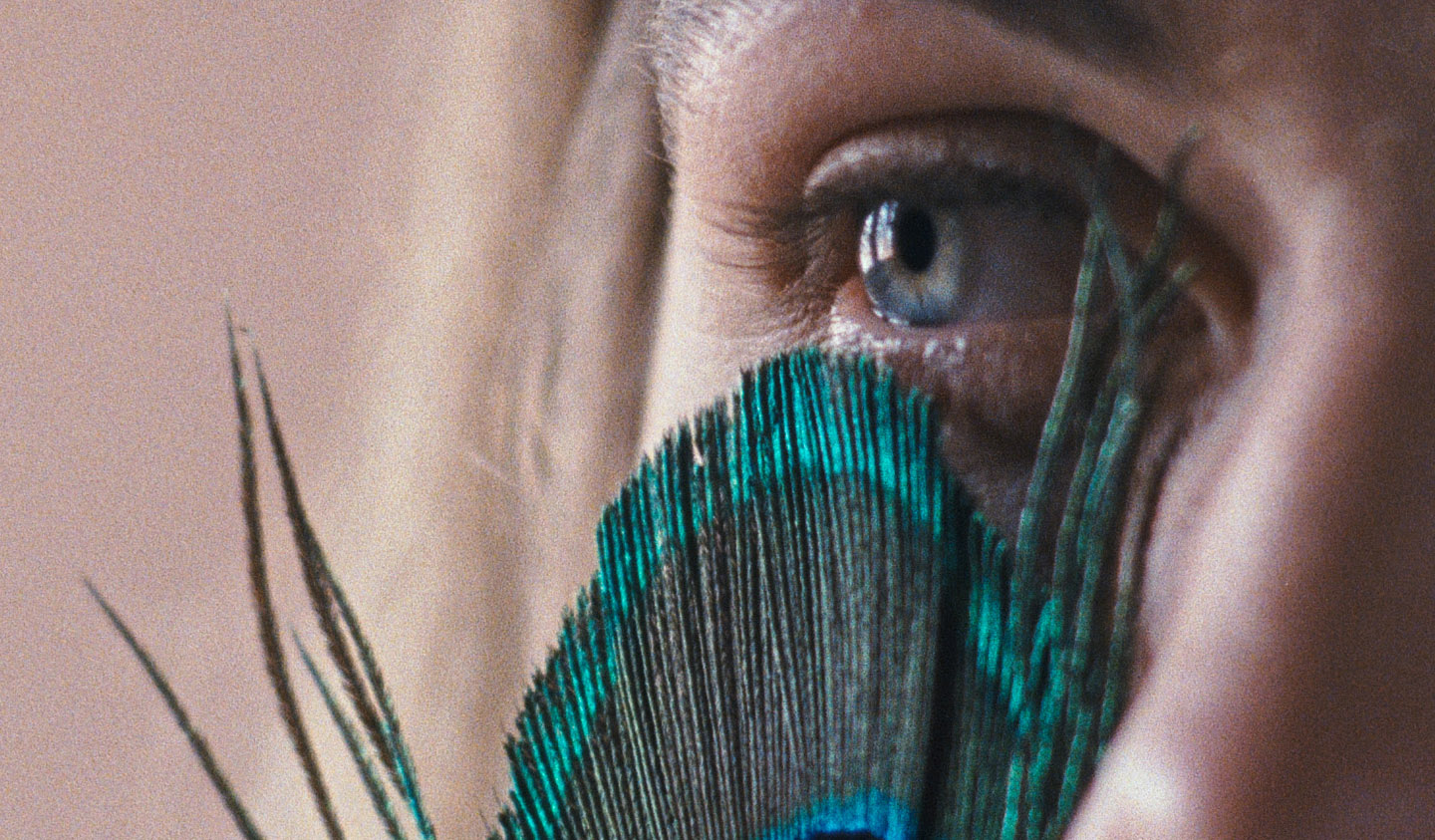The Grocer’s Son, the Mayor, the Village and the World
(France, 111 min.)
Dir. Claire Simon
Against the backdrop of Lussas, a small rural community in France, Tënk has been born. Tënk, a new streaming platform, envisions uplifting independent documentary filmmakers streaming on their format, which, down the line, would also help fund new projects. In The Grocer’s Son, the Mayor, the Village and the World, Claire Simon investigates the project’s evolution from its earliest moments to its launch.
More than just a portrait of a streaming platform, Claire Simon’s film quickly becomes a portrait of the changing faces of work in rural France. In her holistic approach, which encompasses far more than the central crew of Tënk, she brings her cameras into fields and work-areas. Villagers talk about preferring to do things the old-fashioned way, slow and sure, without technological advancement. Practices surrounding winemaking have barely evolved in hundreds of years. If machines are used, they are treated in defensive terms. One vineyard employee explains that while it’s always better to do things by hand, a machine will save him weeks of work. He seems half-expectant that this confession will bring shame to his family. Truly, the working rhythms of Lussas stand in stark contrast to the mysterious digital realm of Tënk.
The work of getting Tënk off the ground quickly hits pitfalls. Members of the team disagree on the approach. Some quit. The politics of securing funding exhausts its members, especially as “sure things” turn to “maybes,” and work has to be done and redone. With little money and an ideological rather than profit-driven mission, technological work is performed by underpaid, and under-experienced workers, passionate about the mission though spread thin. We watch as the limits of ambitions meet up with the realities of the modern world. How can a documentary streaming service survive in such a competitive realm?
If the film has any significant pitfalls, the bulk of the work launching the site remains challenging to translate to the screen. The hours of programming and working out bugs remain elusive. As the sun sets on, we watch a silent employee sitting at his computer, working out problems seated at his desk. It’s not dynamic or glamorous, especially in stark contrast to the villagers working in the fields.
What exactly does the film have to say about work? On the one hand, it expresses in rather literal terms that the crunch of contemporary work is slowly (or not so slowly) killing us all. On the other, it shows how the rural practices of Lussas are increasingly incompatible with the modern world. In a society that values speed and quantity over patience and quality, the old ways of life are unfortunately unsustainable unless they change and adapt at the risk of losing touch with reasons why those methods have stood the test of time.
Then, thrown into the whole mix, is the documentary itself. Tënk outlined in their mission statement a need to connect documentary filmmaking with a wider public. Auteur-driven documentary, in their minds, satisfies a social and artistic need in their communities. Their ambition encompasses a need to cater to each national iteration of Tënk to broaden perceptions of the world and reflect the needs and wants of their specific communities. Rather than a puff piece about the documentary’s beauty (à la Mark Cousins), the film has a deep sense of urgency. Has the contemporary world outpaced our need for challenging works of art?
The Grocer’s Son, the Mayor, the Village and the World, ultimately, offers a bittersweet portrait of the survival of art in the modern age. As hard as the makers of Tënk work to fit in and compete with other streaming giants, it seems like an uphill battle to forge space without compromising any core values. The question of Tënk’s survival festers below the surface, lending the film a strange atmosphere of anxiety.
The future looms heavily, and the rapid-fire speed of change almost nearly promises to outpace any gestures not built with addiction and digestibility in mind. Yet, perhaps, we’ve merely lost touch with idealism. The founders of Tënk are refreshingly, unabashedly hopeful in a world that seems intent on destroying any sense of goodness. Their work is hard, but the potential rewards are infinite.
The Grocer’s Son, the Mayor, the Village and the World screens at RIDM beginning Nov. 26. It screens at DOXA 2021 through May 16.
The Grocer’s Son, the Mayor, the Village and the World – TRAILER from Andanafilms on Vimeo.














